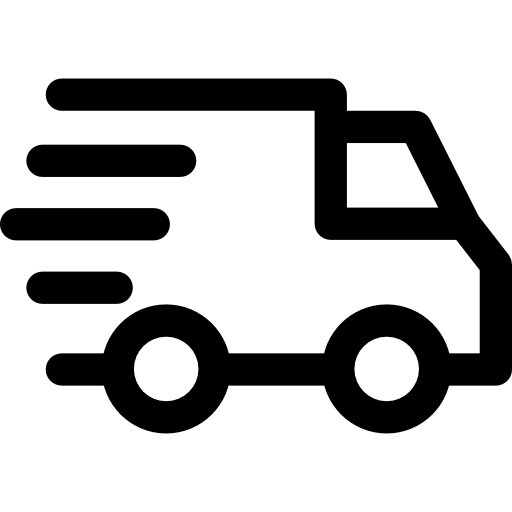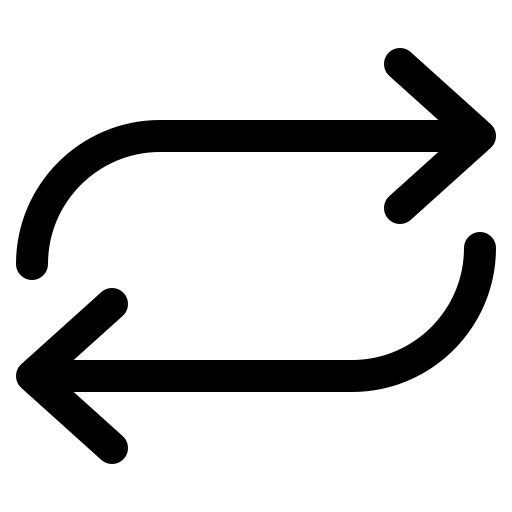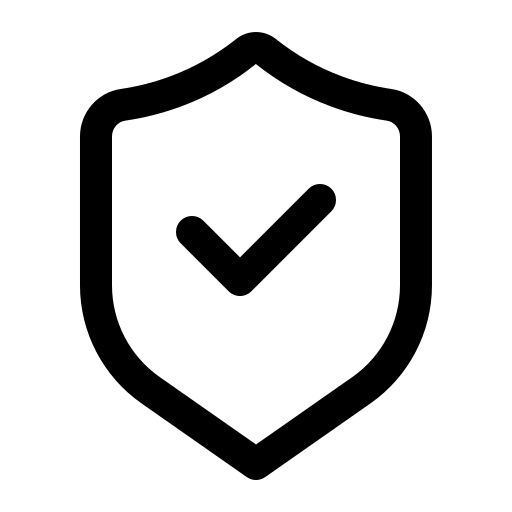Where we are
There is a German word, which is impossible to translate in other European languages: Heimat. It means a mixture of “home”, “motherland”, “birthplace”, “roots”. Heimat means both a physical place and a cultural, linguistic, social and moral landscape: the one you are familiar with because you were born and raised there. Long story short, “Heimat” is nothing but the place your heart beats for. This is what we have in mind when we say that we belong to the Dolomites: the Dolomites are our Heimat. They are our home, not just a house: it’s where we were born, and where we decided to stay. The Dolomites are our home because it’s simply impossible to resist their blue skies, green meadows and pale rocks; their cultures and traditions, their language and their people.
We chose to love this place, from the utmost peak to the remotest valley, from the tallest fir to the most humble clover. Humankind has a fundamental trait: we shape our environment. We answer with technological means to the challenges that the environment poses to us. A few years ago we had to face that challenge; we had to build our home here, in the Dolomites. We wanted to build something as nice as the mountains surrounding us, and so we designed a 50-meter high complex that resembles them. However, “beauty” is not just an aesthetic concept: beauty has quite a lot to share with ethics, and that’s why we engineered it not as a building, but as a means to provide a healthy work and life environment for our employees: here we have offices and warehouses, but also a kindergarten for our employees’ children, so that no parent will have to decide between his family and his career.

We have a cafeteria providing locally-sourced fresh food and a garden where refugees coming from far places work together with people from our local community, growing organic vegetables, learning a job and two languages (Italian and German), and building meaningful relationships. Now top restaurants, employees and neighbors can always have fresh, healthy and ethical veggies. If you were expecting the CEO’s parking space to be just outside the front door, think again: there’s a parking lot for bicycles and a free electric charging station. Our building is the first one in Italy to receive the KlimaHaus Work&Life certification.
We wanted to keep our carbon footprint as low as possible, and so we built a solar roof. We produce about 430 kWh of solar energy per year, twice as much power as the building needs, so that we can even supply our neighbors with green energy. We reuse or recycle every single cardboard box that enters our building, as well as differentiating all our waste; moreover, robots operate our warehouses, so that we don’t need to waste huge amounts of energy to keep huge spaces warm during the winter and cold in summer.
Finally, we wanted to give something back to the passionate community of climbers and mountaineers, so we decided to include in our building one of the biggest climbing gyms in Europe, so that our community and employees can train hard or discover climbing, socializing, and sharing their experiences in a state-of-the art climbing wall. Human beings feel the need to change their environment, to customize it, in order to call it their home. We did our best to do it in an ethical way, blending landscape, culture, tradition, and innovation in a respectful and considerate manner, hoping to leave the world (or at least a tiny portion of it) better than we found it. This is all that matters.










